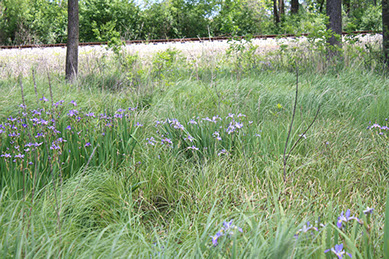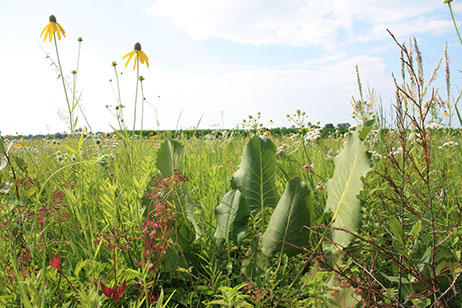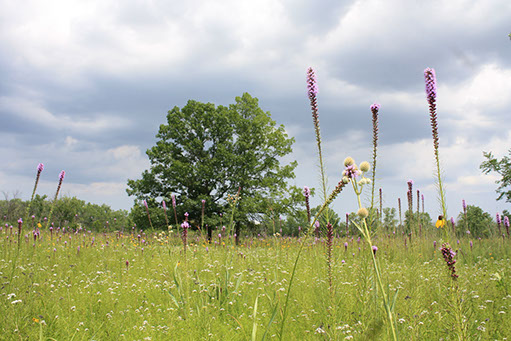Prospect Heights Natural Resources Commission
























June 25th, 2020 - Izabella Redlinski. 7:00-8:30 PM
“Restoring in the Face of Climate Change”
Climate change is here and it is affecting our everyday life as well as the ecosystems surrounding us and the organisms that live in them. At the same time people are realizing all the benefits natural areas provide - including carbon storage as a way of combating climate change. There are many local, regional and national efforts to restore native habitat, but how is the work being performed? Are approaches and best practices that would address effects of climate change baked into these plans or do the practices used address the conditions of the past as opposed to the changing realities?
Venue Change - Due to Covid-19 this will be a virtual Zoom presentation. Upon registration, you will be sent a link to the event as it gets closer to the date.

Shifts in temperatures, changes in rainfall and phenological mismatches will affect the way land managers and volunteers perform basic and complicated tasks; it will also affect timing of certain practices. Knowledge of these challenges allows for planning a more successful process for restoration and to anticipate problems that are sure to arise.
Izabella Redlinski currently works as Conservation Ecologist at the Field Museum, thinking a lot about creating urban habitat and ways to optimize smaller areas to benefit both nature and people. She has, however, cut her teeth working as a Restoration Ecologist at Midewin National Tallgrass Prairie where she oversaw projects for the Wetlands Initiative restoring hundreds of acres of the prairie and wetland mosaic. It is there where she began to intensely think of whether the simple steps her and the crew undertook should be altered to adjust for the effects of changing climate. In the last few years Iza has initiated and grew a seed collecting effort in the Calumet Region, training volunteers, collecting seeds and helping to further restore areas where invasive brush had been removed. She is also a site steward at Brookfield Woods Prairie.

The participants will learn about application of resistance, resilience and facilitation as main tools in the process of pre-adapting a site to climate change. We will discuss how various actions, including increasing genetic diversity, habitat functionality and structure and restoring hydrology fit under these categories. In addition we will examine how the social impacts including community perception influence the longevity and optimal success of restoration efforts - an exciting and new dimension to the ecological research being performed.
.jpg?crc=82689875)
